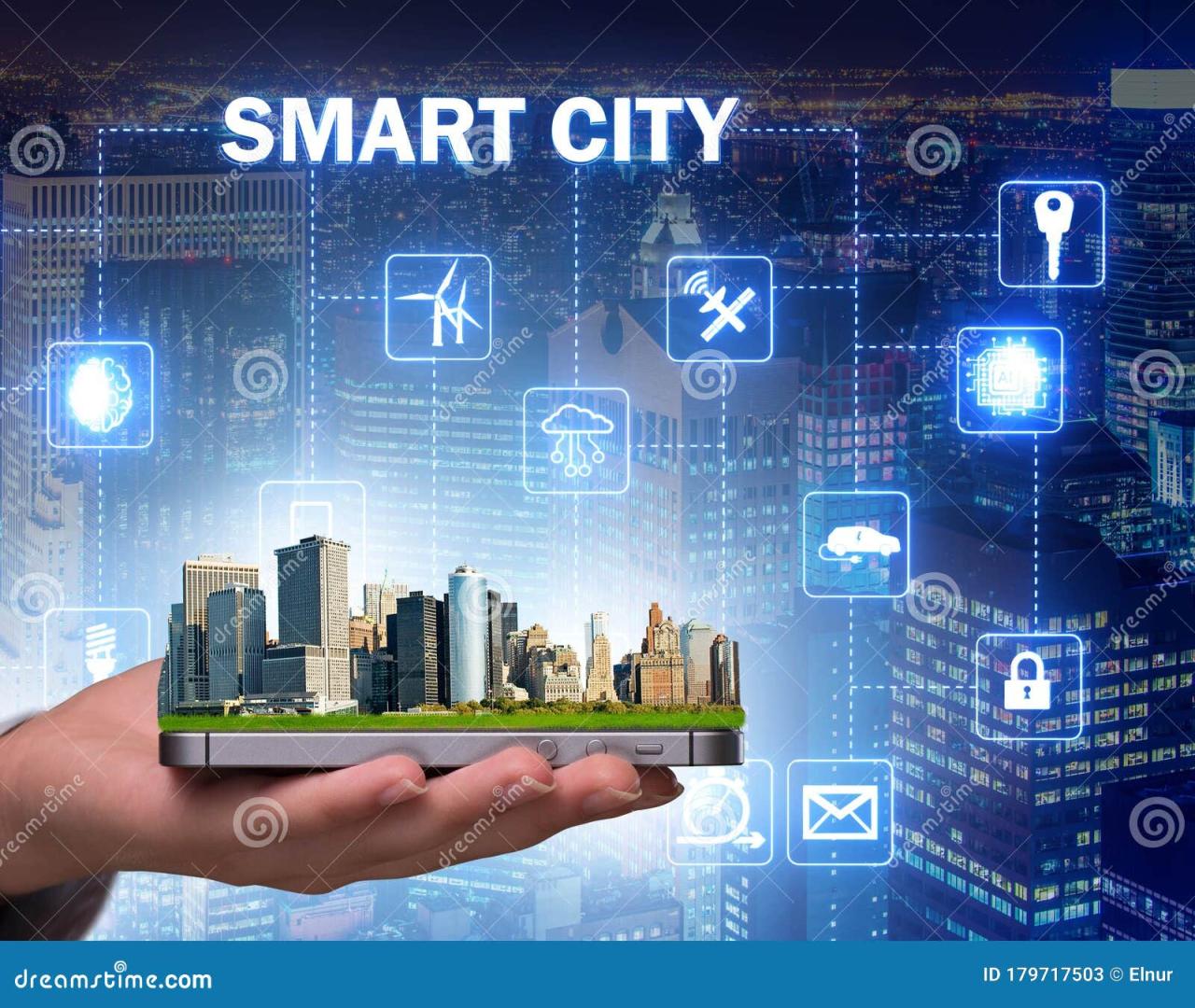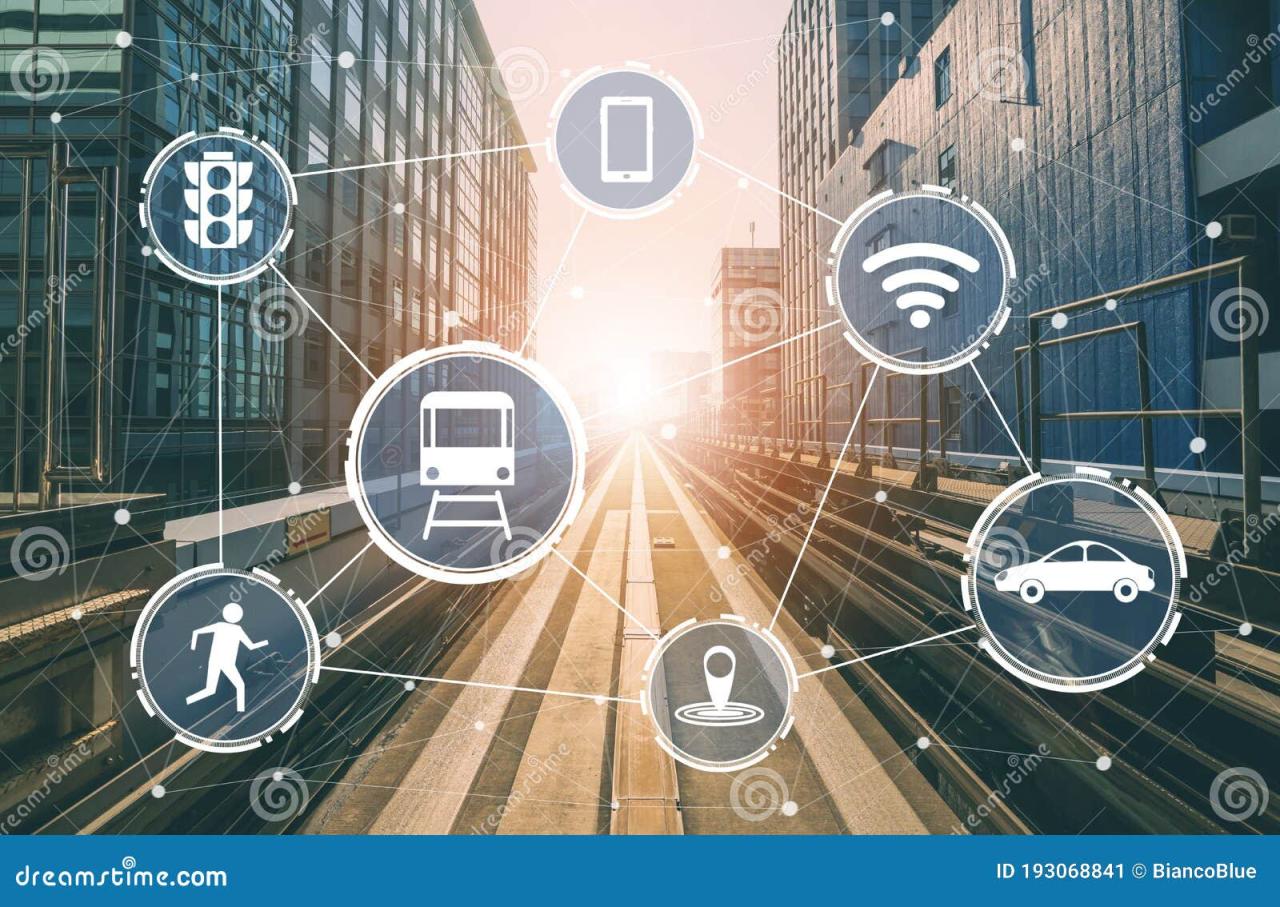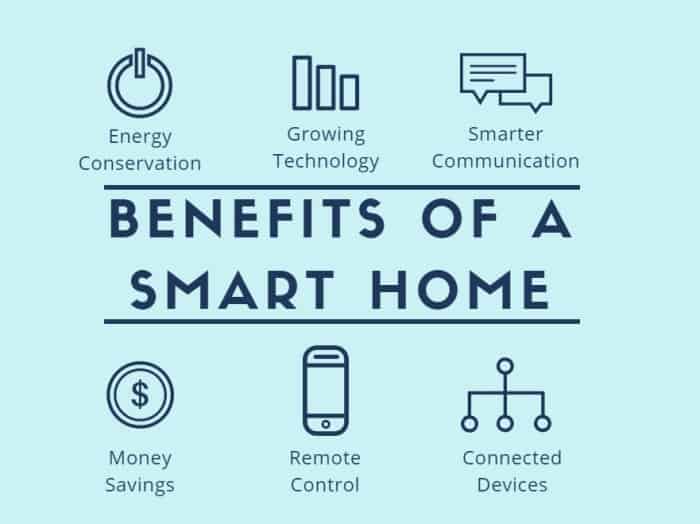Smart parking solutions have been a game-changer in optimizing urban parking spaces and improving overall efficiency. From sensor-based systems to IoT integration, these innovative technologies are reshaping the way we approach parking management. Let’s delve into the world of smart parking solutions and explore the transformative impact they have on urban landscapes.
Types of Smart Parking Solutions
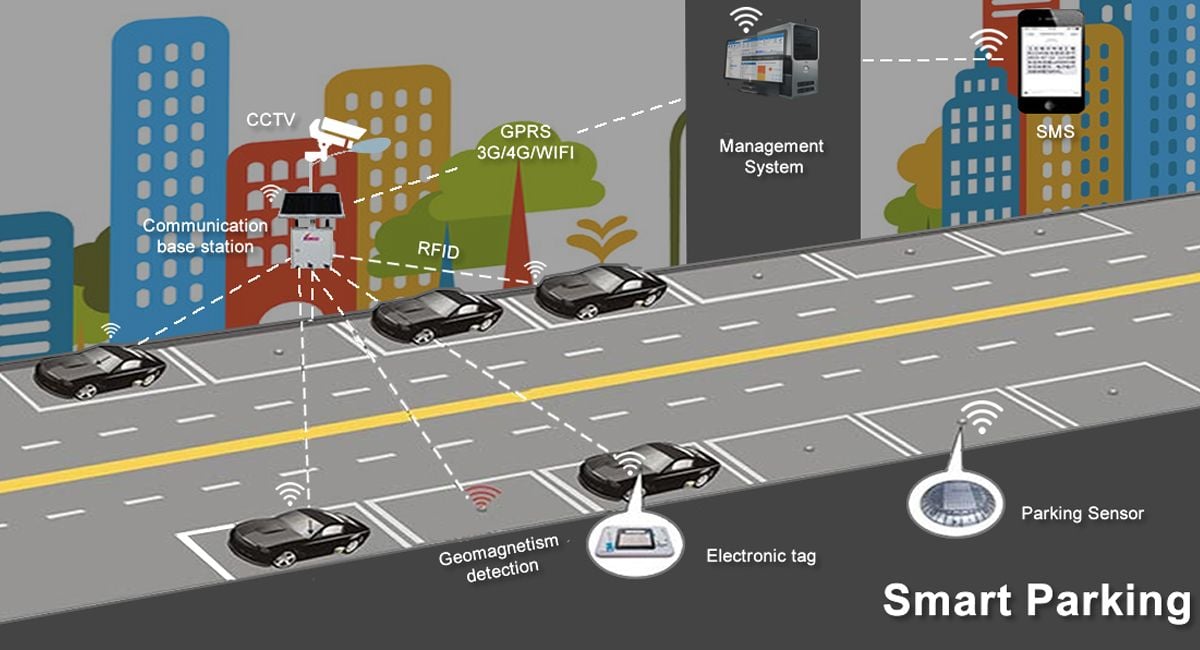
Smart parking solutions have revolutionized the way we park our vehicles, offering convenience and efficiency. There are different types of smart parking solutions available in the market, each with its unique features and benefits.
Sensor-based Parking Systems vs. Camera-based Systems
Sensor-based parking systems utilize sensors placed in parking spaces to detect the presence of vehicles. These sensors can provide real-time data on parking availability, helping drivers locate vacant spots quickly. On the other hand, camera-based systems use cameras to monitor parking areas and analyze vehicle movements. While sensor-based systems are more cost-effective and easier to install, camera-based systems offer higher accuracy and can provide additional security features.
Automated Parking Guidance Systems
Automated parking guidance systems use technology to guide drivers to available parking spaces within a parking facility. These systems can reduce traffic congestion, minimize the time spent searching for parking, and optimize the use of parking spaces. However, drawbacks include the initial cost of installation and maintenance, as well as potential technical issues that may arise.
IoT Integration in Smart Parking
IoT technology plays a crucial role in revolutionizing smart parking solutions by enhancing efficiency and convenience for both drivers and parking management systems. By integrating IoT into smart parking, a whole new level of connectivity and data analysis is achieved, leading to optimized parking experiences.
Role of Sensors and Connectivity, Smart parking solutions
Sensors are the backbone of IoT integration in smart parking solutions. These sensors are strategically placed in parking spaces to detect the presence of vehicles in real-time. Through wireless connectivity, these sensors transmit data to a central management system, providing accurate information on parking space availability and occupancy status.
- Smart sensors can detect when a vehicle enters or exits a parking space, allowing for dynamic allocation of parking spots.
- Connectivity enables seamless communication between sensors, parking meters, and mobile applications, ensuring a smooth parking experience for drivers.
- Real-time data from sensors helps in monitoring parking occupancy levels and identifying patterns for better resource allocation.
Enhanced Real-time Monitoring and Data Analysis
IoT integration enables real-time monitoring of parking spaces, allowing drivers to easily locate available spots through mobile applications or digital signage. Moreover, by analyzing the data collected from sensors, parking operators can optimize parking layouts, pricing strategies, and operational efficiency.
IoT technology empowers smart parking solutions to provide actionable insights for parking optimization, leading to reduced congestion, improved traffic flow, and enhanced overall user experience.
Sustainability in Smart Parking
Smart parking solutions are not only efficient in optimizing parking spaces but also play a crucial role in promoting sustainability and reducing the carbon footprint in urban areas. By incorporating eco-friendly features and technologies, such as solar-powered sensors, smart parking systems are contributing to a greener and more environmentally friendly future.
Solar-Powered Sensors
Implementing solar-powered sensors in smart parking solutions is a significant step towards sustainability. These sensors harness the power of the sun to operate efficiently, reducing the reliance on traditional energy sources. By utilizing renewable energy, smart parking systems can minimize their environmental impact and promote eco-friendly practices.
- Solar-powered sensors help reduce the overall energy consumption of smart parking systems, making them more sustainable in the long run.
- By utilizing solar energy, smart parking solutions contribute to the reduction of greenhouse gas emissions, helping combat climate change.
- The use of solar power in parking facilities can also lead to cost savings and improved operational efficiency, making it a win-win solution for both the environment and the economy.
Future Trends in Smart Parking: Smart Parking Solutions
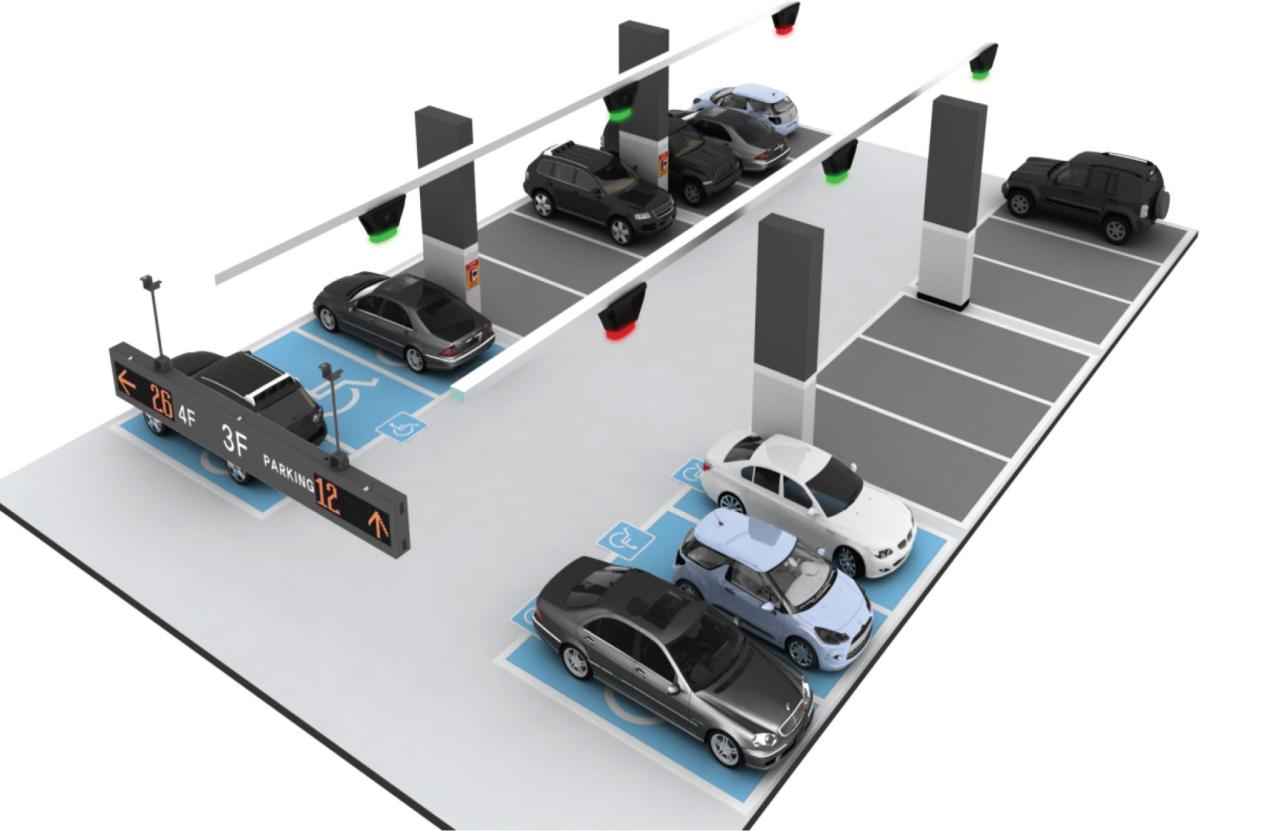
Artificial Intelligence (AI) is set to revolutionize the future of parking solutions, making them more efficient and user-friendly. With AI technology, parking systems can analyze data in real-time, predict parking availability, and optimize traffic flow within parking facilities.
AI in Smart Parking
AI-powered algorithms can process vast amounts of data collected from sensors and cameras to provide drivers with real-time information on available parking spaces. This not only reduces the time spent searching for parking but also minimizes congestion and emissions from idling vehicles.
Autonomous Vehicles Impact
The rise of autonomous vehicles will significantly impact smart parking infrastructure. Self-driving cars can drop off passengers at their destination and then park themselves in designated areas, reducing the need for large parking lots near popular locations. This will lead to more efficient use of space and a decrease in overall parking demand.
Blockchain Technology for Secure Transactions
Blockchain technology offers secure and decentralized parking transactions, ensuring that payments are processed efficiently and transparently. By using blockchain, parking operators can streamline payment processes, reduce fraud, and provide a seamless parking experience for users.
FAQ Resource
How do sensor-based parking systems differ from camera-based systems?
Sensor-based systems rely on sensors to detect vehicle presence and guide drivers to available spots, while camera-based systems use cameras for monitoring and enforcement purposes.
What role does IoT play in smart parking solutions?
IoT facilitates connectivity and data analysis, enabling real-time monitoring and optimization of parking spaces for more efficient management.
How does smart parking contribute to reducing the carbon footprint in urban areas?
By incorporating eco-friendly features like solar-powered sensors, smart parking systems help minimize energy consumption and promote sustainability.
What are some future trends in smart parking?
Future trends include the integration of AI for advanced parking solutions, the impact of autonomous vehicles on parking infrastructure, and emerging technologies like blockchain for secure transactions.

